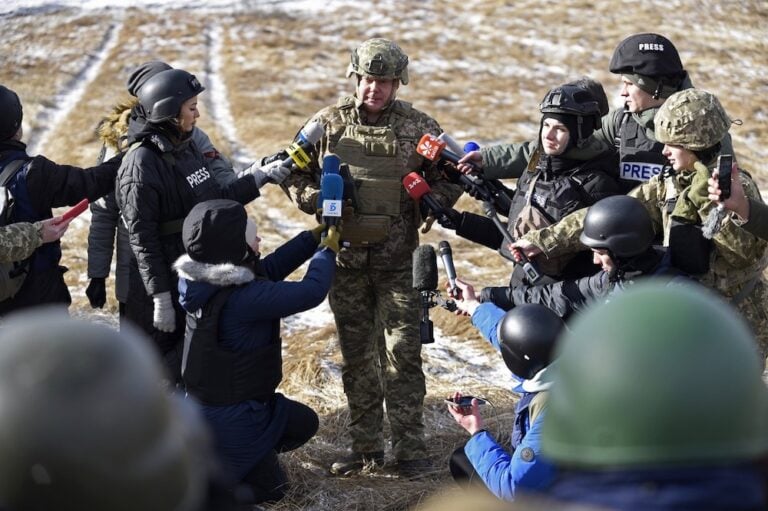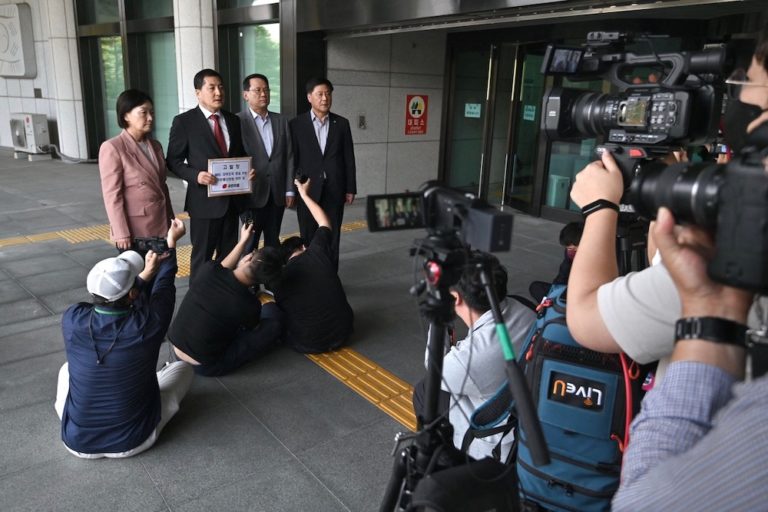(RSF/IFEX) – In a letter to the chief of the National Intelligence Service (NIS), Lim Dong-Won, RSF protested the order denying the North Korean dissident Hwang Jang-Yop the right to speak to the press and to publish a newsletter. The press freedom organisation asked the NIS chief to rescind this decision, which goes against the […]
(RSF/IFEX) – In a letter to the chief of the National Intelligence Service (NIS), Lim Dong-Won, RSF protested the order denying the North Korean dissident Hwang Jang-Yop the right to speak to the press and to publish a newsletter. The press freedom organisation asked the NIS chief to rescind this decision, which goes against the policy of information pluralism defended by President Kim Dae-Jung. Robert Ménard, RSF’s secretary-general, noted that “This decision is in contradiction with South Korea’s international commitments with regards to freedom of expression”, in particular the country’s ratification of Article 19 of the United Nations’ International Covenant on Civil and Political Rights.
According to information obtained by RSF, last week the NIS prevented Hwang, one of the most important North Korean “defector” refugees in South Korea, from meeting journalists and politicians, giving lectures, publishing books, participating in civil society initiatives for North Korea and publishing the “National Reunification”, the Defectors Association’s (of which he is president) newsletter. According to the NIS, these measures were taken to protect him from “terrorist attacks”.
Hwang, seventy-seven years-old, and his assistant Kim Duk-Hong took refuge in 1997 at the South Korean embassy in Beijing (China). He is the highest-ranking North Korean official to escape from his country. He is, most notably, the architect of the Juche ideology of self-reliance defended by president Kim Jong-il’s Workers’ Party. Hwang lives in a house protected by the NIS in Seoul. After thanking the NIS for protecting him, the former North Korean official declared that from now on, he “will participate in North Korea’s democratisation process in an independent manner.”


